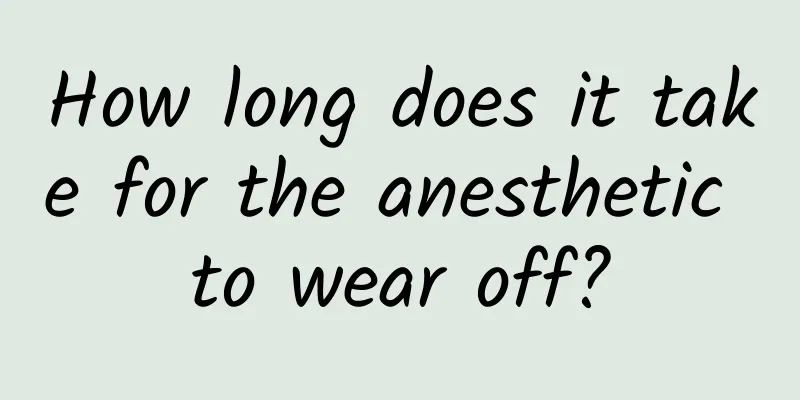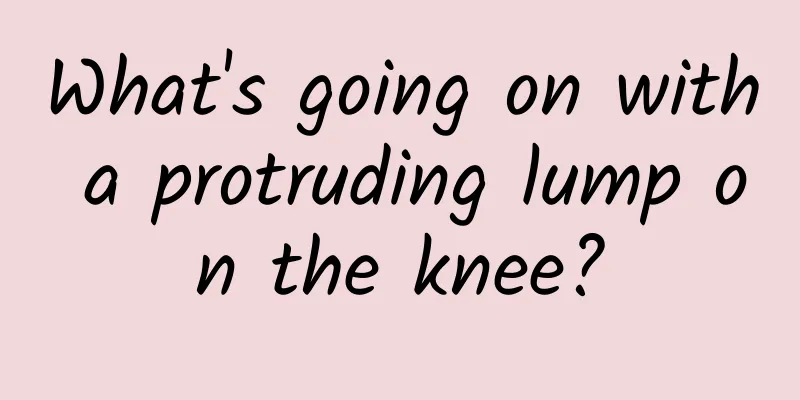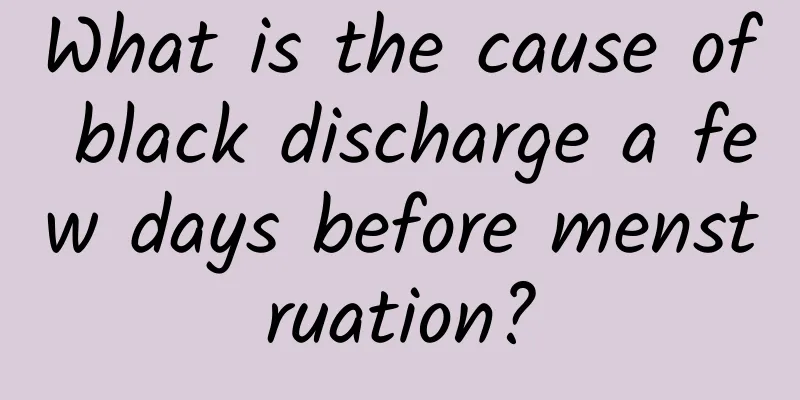How long does it take for the anesthetic to wear off?

|
The anesthesia used during tooth extraction is local anesthesia, and the dosage is very small. Generally, the anesthetic will gradually wear off 3 to 4 hours after the treatment, and it has little impact on the body. The metabolic capacity of anesthetics in the body is relatively strong, and it can be completely metabolized after a period of time. It is important to maintain a calm state of mind, listen to the doctor's advice, and adjust your body in time after tooth extraction. Precautions after tooth extraction 1. First of all, the most important thing is that after tooth extraction, you should stay calm and listen carefully to the doctor's instructions. This is very important. 2. It is best not to eat within 2 hours. Eat soft food, liquid or semi-liquid food on the same day. It is better to eat warm or cold food. Do not eat hard or overheated food. You can chew on the other side. 3. Do not rinse your mouth or spit too much on the day to prevent bleeding or infection. Do not repeatedly suck and spit out blood clots due to the bloody taste in your mouth, which will prevent the wound from healing. 4. Don’t brush your teeth on that day. Do not suck on the wound. No musical instrument. 5. It is normal to have blood in saliva within 1 week after tooth extraction. If the bleeding does not stop, go to the hospital for examination. 6. Try to exercise and talk less on the day of tooth extraction. Avoid smoking, drinking and spicy food. 7. If there are stitches in the mouth during tooth extraction, the stitches can usually be removed after 4 to 5 days. 8. Pay attention to the condition of the wound after tooth extraction. If there is a lot of bleeding, seek medical attention in time. The gauze or cotton ball on the wound after tooth extraction needs to be bitten for about half an hour before spitting it out. Do not bite it too tightly or for too long. A small amount of blood in your saliva is normal for 24 hours. What to eat after tooth extraction 1. You can drink water and eat semi-liquid food such as porridge, thin noodles, etc. 2 hours after tooth extraction. Do not eat too hot or too hard food, do not drink strong alcohol, do not smoke, and do not eat spicy food. 2. Decline social engagements and avoid excessive drinking. Adequate rest and sleep are necessary conditions. 3. You must use mouthwash after meals and before going to bed. Hold it gently for 30 seconds and then spit it out slowly to prevent bacterial infection. 4. Take medicines according to the doctor's prescription and do not reduce the dosage on your own, otherwise the consequences will be unimaginable. 5. Drink more fruit juice and supplement vitamin C and B complex to promote wound healing. |
<<: Why does it hurt where the anesthesia is given during a caesarean section?
>>: Sequelae of cesarean section anesthesia
Recommend
Can I have double eyelids during breastfeeding?
It is best not to have double eyelid surgery duri...
What herbs to use for snake bites
Snakes are a very common animal in nature. They c...
What is the best medicine for thick blood finger?
If our daily diet consists mainly of meat and we ...
Men learn to maintain their health: Which sleeping position can enhance male sexual function?
For many men, being powerful in bed is what truly...
What should I do if I have menstruation but no ovulation? Pay attention to these issues in daily life
We all know that ovulation plays an important rol...
Anal pain and blood when defecating
If your anus is painful and bleeding during bowel...
Can cupping be used for stomach discomfort?
Cupping has now become a healthy choice for more ...
Self-diagnosis of spleen deficiency: 5 signs indicate that you should strengthen your spleen
Self-diagnosis of spleen deficiency According to ...
Can I get better if I can't speak after a stroke?
When cerebral infarction occurs, it will affect t...
What are the dangers of having too much sex for women?
Moderate sex life is good for the body. Everythin...
What is a left maxillary sinus cyst?
Left maxillary sinus cyst is a disease that is mo...
The role and efficacy of Yigenmin
Probiotic powder is a product that we often taste...
Tetanus phobia
When there is a trauma to the body, it can easily...
Symptoms of hyperkalemia in the elderly
Many diseases have an incubation period, and the ...
Cough, phlegm, chest tightness and shortness of breath? How to treat a cough?
Coughing is a common physiological symptom. Some ...









